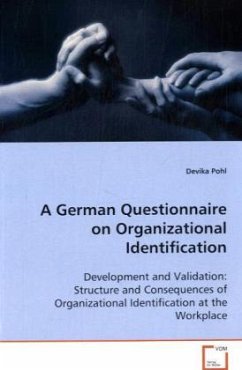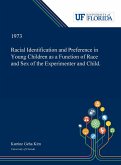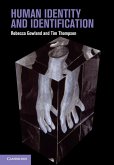The purpose of this study is to offer areliable and valid German questionnaire onorganizational identification, suitablefor practical settings. The term "organizationalidentification" is discussed and research on Germansamples is reviewed. In an empirical study, a four-dimensional scale (according to Kreiner&Ashforth,2004) is investigated for its structure byconfirmatory factor analysis. To test the scalesvalidity, antecedents of organizationalidentification (e.g., organizational identitystrength or psychological contract breach), as wellas consequences (e.g. days absent from work ororganizational citizenship behavior) are tested. Athree factorial structure - representing ambivalentidentification, neutral identification, and positiveidentification - fits the data best. Regressionanalyses show that the strength of an organizationsidentity has an impact on all facets ofidentification, and that the presence of roleconflict predicts ambivalent identification.Ambivalent identificationis the single mostimportant predictor of the number of days absentfrom work, and presumably decreases organizationalcitizenship behavior.








